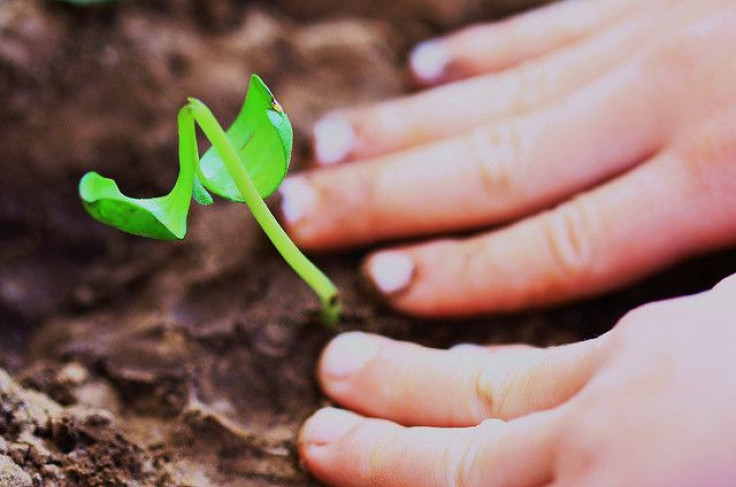Live Longer By Gardening: Household Chores Could Lower Risk For Heart Attack, Stroke

Gardening comes with many rewards. Besides the satisfaction that comes with having a pretty garden in the spring or fresh vegetables for eating, the process of getting there is calming and can be fun. But for adults over 60 years old, its benefits may extend beyond mental well-being to promote heart health as well, reducing the risk for heart attack and stroke, a new study says.
Physical activity is important at any age, but health challenges begin to mount as a person gets older. Because of this, even some physical activity is better than none at all. Researchers with Karolinska University Hospital in Sweden found exactly that — engaging in non-exercise physical activity, such as gardening, fixing the car, home repairs, and going hunting, reduced the risk for heart attack or stroke, and lengthened lifespan by up to 30 percent.
“Our findings are particularly important for older adults, because individuals in this age group tend, compared with other age groups, to spend a relatively greater proportion of their active day performing [routine activities] as they often find it difficult to achieve recommended exercise intensity levels,” the researchers wrote, reports The Guardian.
Living Longer With Better Heart Health Through Gardening
The study monitored 4,232 participants, ages 60 and up, over the course of 12.5 years. At the beginning of the study, participants were asked about various aspects of their lifestyle — whether they smoked, drank, and exercised, as well as what their diet was and what kinds of activities they engaged in regularly. They also underwent testing for sugar and fat levels, and blood-clotting factor, to determine how healthy their hearts were.
Twelve years later, those who didn’t die of heart attack or stroke (476 people) and other causes (383 people) participated in follow-up testing. The researchers found that people who kept active with household chores had a 27 percent lower risk for heart attack or stroke and a 30 percent lower risk of dying from other causes. Those who also exercised had even lower risks. There were also lower rates of metabolic syndrome in participants who remained active, which the researchers said could have been caused from sitting around too much. Sitting around was also associated with hormone changes that could affect muscle strength, and create a domino-effect of negative health effects, they said.
“It’s almost expected that as we age, we move less,” Samantha Heller, a senior clinical nutritionist and exercise physiologist at NYU Langone Medical Center in New York, told HealthDay. “Retirement, a patient told me, is for sitting around, resting and watching TV. Unfortunately, sedentary lifestyles now range across all ages with the same unhealthy results.”
The U.S. Department of Health & Human Services’ 2008 Physical Activity Guidelines recommend that older adults do at least 150 minutes a week of moderate-intensity exercise. To get all the benefits of physical activity, the National Institute on Aging also says that they should focus on endurance, strength, balance, and flexibility.
A previous study found that gardeners were less likely to be overweight because they were more likely to surround themselves with fruits and vegetables, making it easier to choose healthier options and lowering the risk for obesity-related diseases like diabetes.
Source: Ekblom-Bak E, Ekblom B, Vikstrom M, et al. The importance of non-exercise physical activity for cardiovascular health and longevity. British Journal of Sports Medicine. 2013.



























